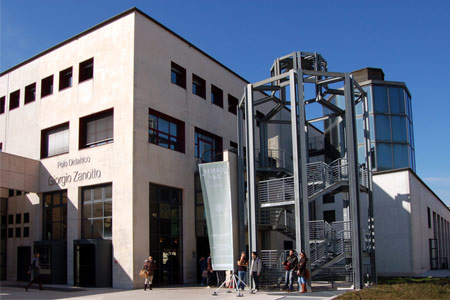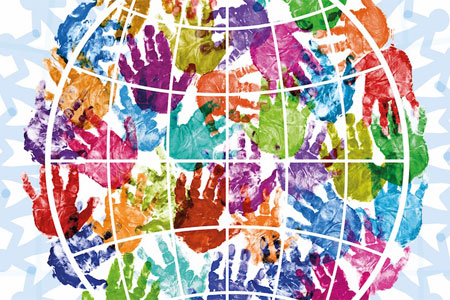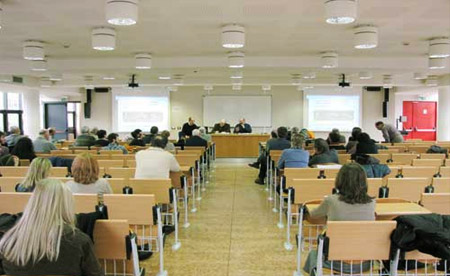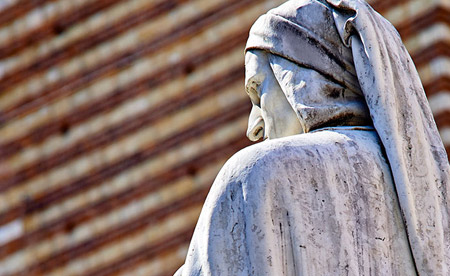Learning outcomes
to acquire critical competence of the historical vocabulary of play and leisure; to engage with the notion of ritual, and its application in historical anthropology; to develop strategies for interpreting sources relevant to the subject; to familiarize with the secondary literature and discuss its problems.
Ritual and the early modern city. Classical and medieval traditions. Laughter, carnival and feast. The invention of leisure. Social hierarchy, gender and age groups. Texts and visual representations. Play and civilization.
Bibliography:
Alessandro Arcangeli, Recreation in the Renaissance, Basingstoke, Palgrave Macmillan, 2003 (also available in the Italian translation Passatempi rinascimentali, Roma, Carocci, 2004, which includes an important essay by Peter Burke on the invention of leisure in early modern Europe);
Peter Burke, Popular Culture in Early Modern Europe (1978), revised reprint Aldershot, Scolar, 1994 (there is an Italian translation: Cultura popolare nell’Europa moderna, with an introduction by Carlo Ginzburg, Milano, Mondadori, 1980; however, the English reprint is recommended for the author’s new preface);
Edward Muir, Ritual in Early Modern Europe (1997), 2nd edn, Cambridge, Cambridge University Press, 2005 (an Italian translation of the first edition is available as Riti e rituali nell’Europa moderna, Firenze, La Nuova Italia, 2000).
A list of further recommended reading will be provided during the course.







